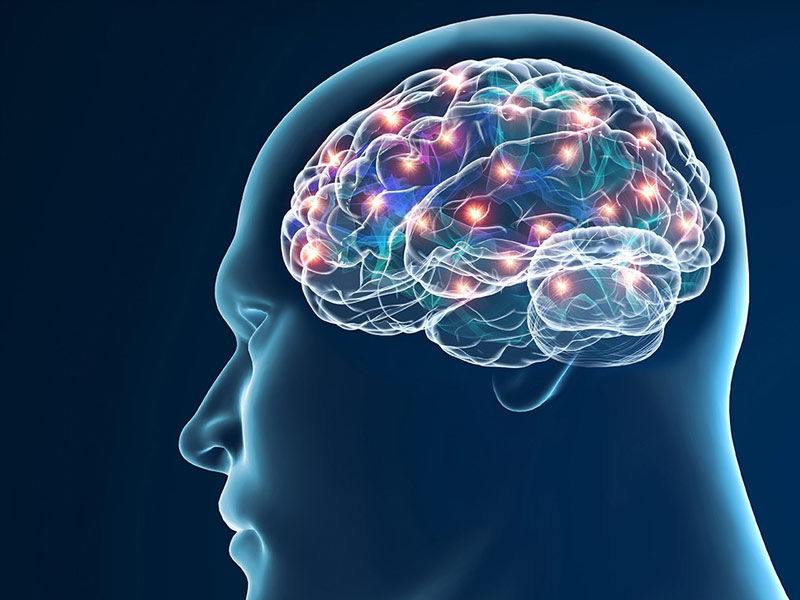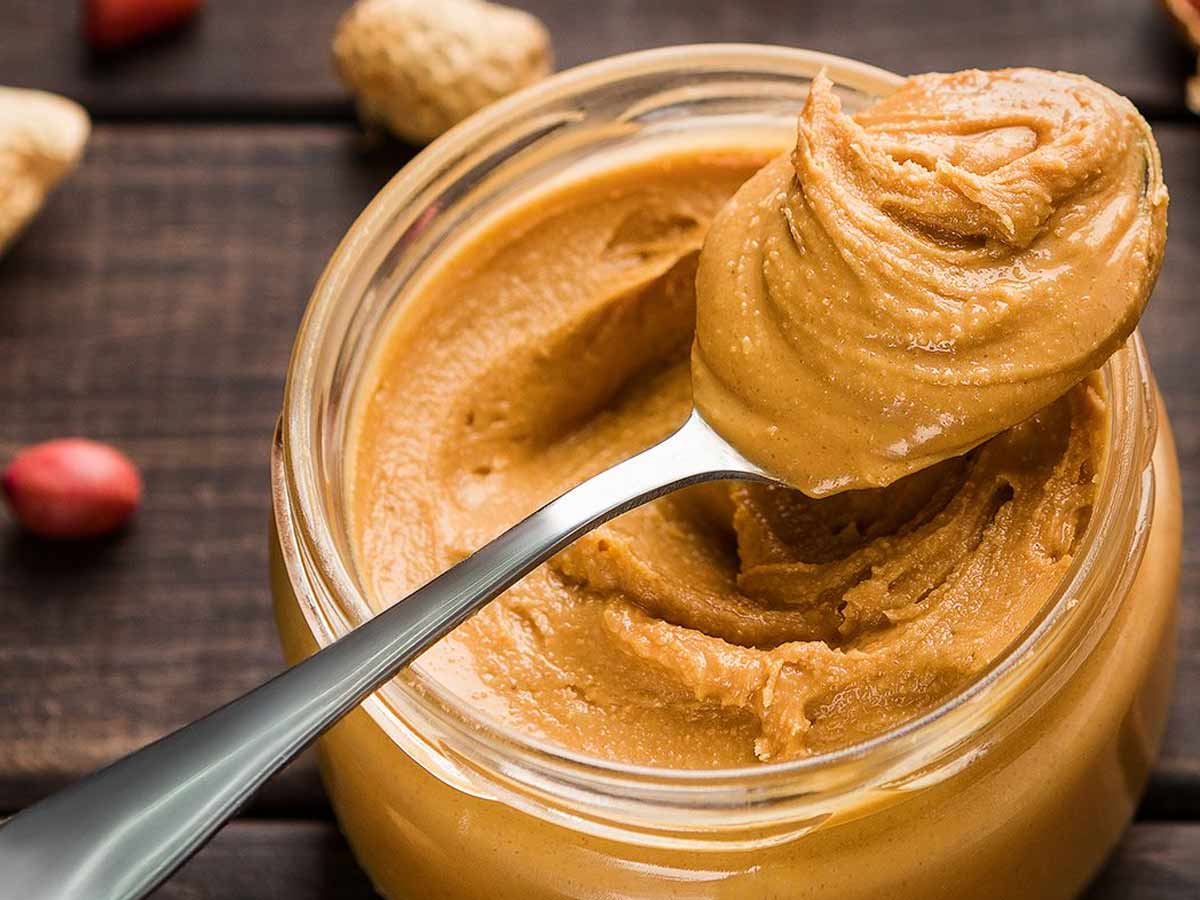Peanut butter is one of the most popular spreads on the planet. They’re a culinary paste or spread produced from dry-roasted peanuts that have been mashed. Salt, sweeteners, and emulsifiers are frequent additions that change the taste or texture of the product. Peanut butter is popular in a variety of nations. The United States is a significant exporter of peanut butter and one of the world’s tops per capita users.
It’s commonly used to make sandwiches and consumed as a spread over bread, toast, or crackers and is a nutrient-dense food with high protein, vitamins, and dietary minerals. Therefore, it contains a lot of benefits for the human body.
Let us now dive into the countless benefits of Peanut Butter.
1)Weight Loss

According to several studies, eating peanuts and other nuts can help people maintain their weight or even lose weight. This might be because peanuts, with their high protein, fat, and fiber content, increase satiety or the sense of being full. Peanut butter aids your glycemic response by preventing blood sugar spikes caused by certain meals, particularly processed and starchy meals. Obesity and diabetes have been related to blood sugar instability.
On the other hand, Peanut butter has a low glycemic index, despite its inherent sweetness and great texture. Eating peanut butter allows you to consume lipids, protein, and fiber without causing your blood sugar levels to plummet. There are several methods to incorporate peanut butter into your diet. There’s no reason to limit yourself to the traditional PB&J. Moderation is crucial for eating peanut butter for weight loss: aim for two or three servings of two tablespoons of peanut butter many times each week.
2)Aids in Body-building

Athletes and bodybuilders enjoy the benefits of peanut butter’s high protein content. It also provides critical minerals and heart-healthy fats to meet your daily requirements. If you’re a bodybuilder or athlete, you can consume peanut butter for breakfast with fruit or whole wheat bread, and you can even include it in smoothies. Peanut Butter’s high protein level aids muscle growth and repair. At the same time, monounsaturated fats keep your heart healthy, and fiber aids digestion.
For more body building food read, 10 High Protein Vegetarian food for Muscle building
Depending on your fitness objectives, performance, and workout schedule, the amount of peanut butter you should consume varies. Serving the size of two heaping teaspoons each meal is recommended by experts.
3)Boost Heart health and Blood pressure

Monounsaturated fatty acids (MUFAs) and polyunsaturated fatty acids (PUFAs) are found in peanut butter. They can help to promote our heart’s health. In terms of heart health, the ratio of unsaturated fats (PUFAs and MUFAs) to saturated fats in the diet is critical. Peanut butter has a comparable fat-to-protein ratio to olive oil, which makes it a heart-healthy choice. Peanuts, in particular, are highly recommended by doctors as a cost-effective strategy to enhance heart health, blood lipid profiles, and weight control in people with diabetes.
Peanut butter is a low-carbohydrate food with a high fat and protein content and some fiber. Because of these qualities, peanut butter with no added sugar does not affect blood glucose levels. As a result, it may be a viable solution for diabetics. Peanut butter is an excellent source of monounsaturated fats, which are advised to replace saturated fats in people’s diets. According to the study, women who ate a breakfast with nuts had lower blood sugar levels and felt less hunger than women who ate a meal with the same quantity of carbs but no nuts.
4)Reduces Risk of Cancer
Breast cancer has become an epidemic in recent years, with an increasing number of women diagnosed with it. Taking care of your health and diet becomes critical in such a situation. According to research published in the journal Gynecologic and Obstetric Investigation, eating many peanuts and other nuts lowers your risk of breast cancer by 2-3 times. As a result, regular consumption of peanuts will keep you safe and healthy. Researchers discovered a relationship between consuming peanut butter and a decreased risk of breast cancer.
According to research published in the journal Breast Cancer Research and Treatment, consuming peanut butter and nuts at any age may reduce the likelihood of getting BDD by the age of 30. Those who ate peanut butter had a considerably decreased risk of breast cancer, even if they had a family history of the disease.
5)Bone Health
Peanut butter is important for bone health as it is high in iron and calcium, which are essential for moving oxygen in the blood and maintaining healthy, strong bones. According to The Orthopedic Group, P.C, including nutritious protein in your daily diet
6)Gallstones
It also defends against Gallstones. Consuming peanut butter in moderation has been found in studies to lower the incidence of gallstones by 25%. Because a major number of gallstones are cholesterol stones connected to high levels of “bad” cholesterol, this is the case. Peanuts can reduce LDL (bad cholesterol) while boosting HDL (good cholesterol), decreasing the risk of gallstone formation.
7)Neurodegenerative diseases

Peanut butter also helps to protect against Alzheimer’s and other neurodegenerative diseases. Peanuts are high in niacin, and those who consume niacin-rich foods, such as Vitamin B3, are less likely to acquire Alzheimer’s disease or other memory impairments. Peanut butter contains niacin, which aids in the healing of brain cell damage and protects against this disease. In addition, the p-coumaric acid in peanut butter aids in the battle against oxidative stress in the body’s cells, which is linked to neurological illnesses.
To know more, click here

























